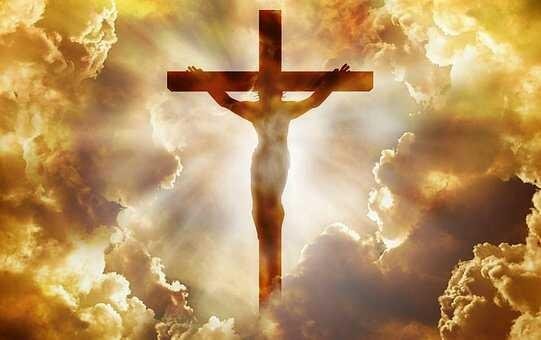THE PURPOSE CHRIST DIED
- Christ died for the purpose of securing the sure and certain salvation of His own; that is the elect.
I put it in that language “securing the sure and certain salvation of the elect.” I think that there are significant problems (theological as well as biblical) with making this point the way five point Calvinists do. Namely, it was God’s intention to save the elect. How can this be? Given the fact that every elect person who ever lives is born into this world not saved. I thought Christ saved them, but that means they are saved when they put their faith in Christ. Paul in Ephesians 2
Ephesians 2:2 in which you formerly walked according to the course of this world, according to the prince of the power of the air, of the spirit that is now working in the sons of disobedience. Ephesians 2:3 Among them we too all formerly lived in the lusts of our flesh, indulging the desires of the flesh and of the mind, and were by nature children of wrath, even as the rest.
So tell me Paul how is it Christ died for your sins, right? Yes that is right. And that was done before you were ever born? True (Paul was probably a little tike).
Christ died for your sins, yes. It is an accomplished fact, yes. But here you are in this world under God’s wrath, yes. But what about that death of Christ? Didn’t He
pay for your sins? Yes. If He paid for it, then how is God is holding it against you which I take it must be case if he is under wrath? What solves this problem?
Justification by faith. One of the ironies in my view, of the Calvinist’s five point position is that in principle its articulation of the atonement undermines the necessity of one of the hallmarks of the Reformation; namely justification by faith. Why? Because we have been saved by the death of Christ. So I put it in this language that Christ died for the purpose of securing the sure and certain salvation.
In my judgment that accounts for the texts that Christ laid down His life for His sheep and He died for the church etc. There is no question in my mind that when Christ was dying on that cross He knew that this was for in a very specific sense but not the only one. It was not the only one that was being accomplished here but in a very specific sense He was dying for and through this would save His own whom the Father had given to Him. None of them would perish and He would raise them on the last day.
His death was doing that. So can you say that He died for the church? Yes, the church are only one of whom He
know and He does know this that they will be saved by His death as they come to believe. So that is a sure and certain thing and He knows that.
- He died for the purpose of paying the penalty for the sin of all people making it possible for all who believe to be saved.
I see that as a summary statement of other texts of Scripture that indicate the broader general statements. He is the propitiation for our sins and for those of
the whole world (1 John 2:2).
1 John 2:2 and He Himself is the propitiation for our sins; and not for ours only, but also for those of the whole world.
We can quarrel over interpreting, which is totally legitimate, but I have never be convinced that “world” in First John means world of the elect. Look in John at how “kosmos” (κόσμος) is used in it is used one of two ways. It is used as I do not love the world or things of the world, it is used like that; the evil of this world. Or it is used in the comprehensive sense of everybody in the world. It is
used on one of those two ways. If it is used of the world of the elect it happens in I John 2:2 there only. That strikes me as weak evidence for the propitiation for our sins; and not for ours only, but also for those of the whole world (the world of the elect). It is weak evidence for that, it looks like special pleading to me. So Iam not convinced of that argument. I think it really does mean the whole world.
He really does mean in these other passages that were used earlier under the unlimited view.
2 Peter ere will also be false tea.

Pixabay